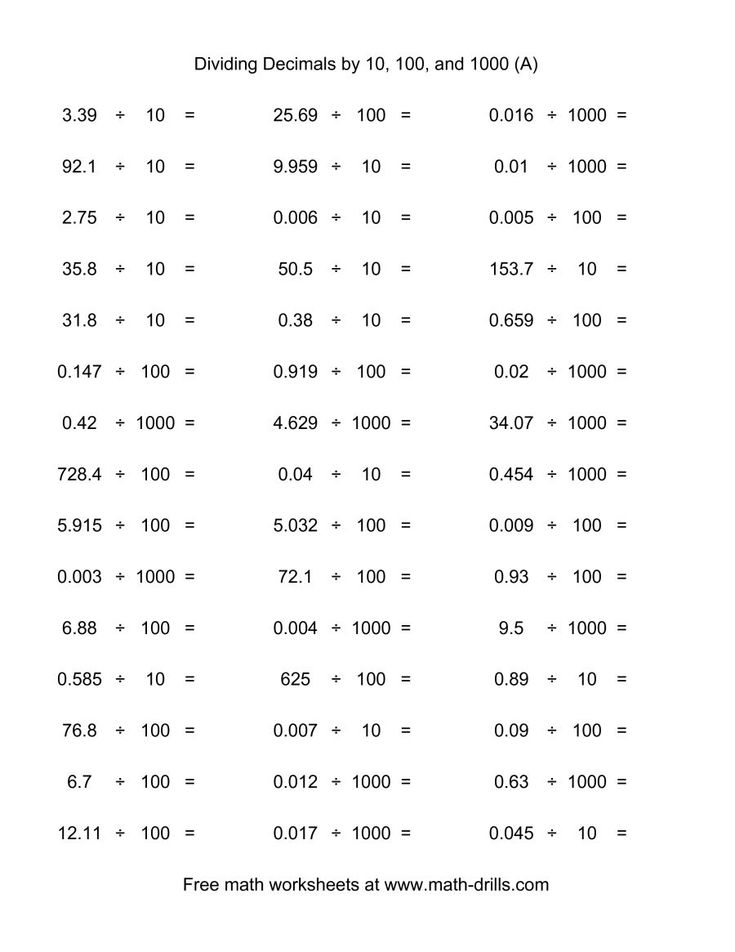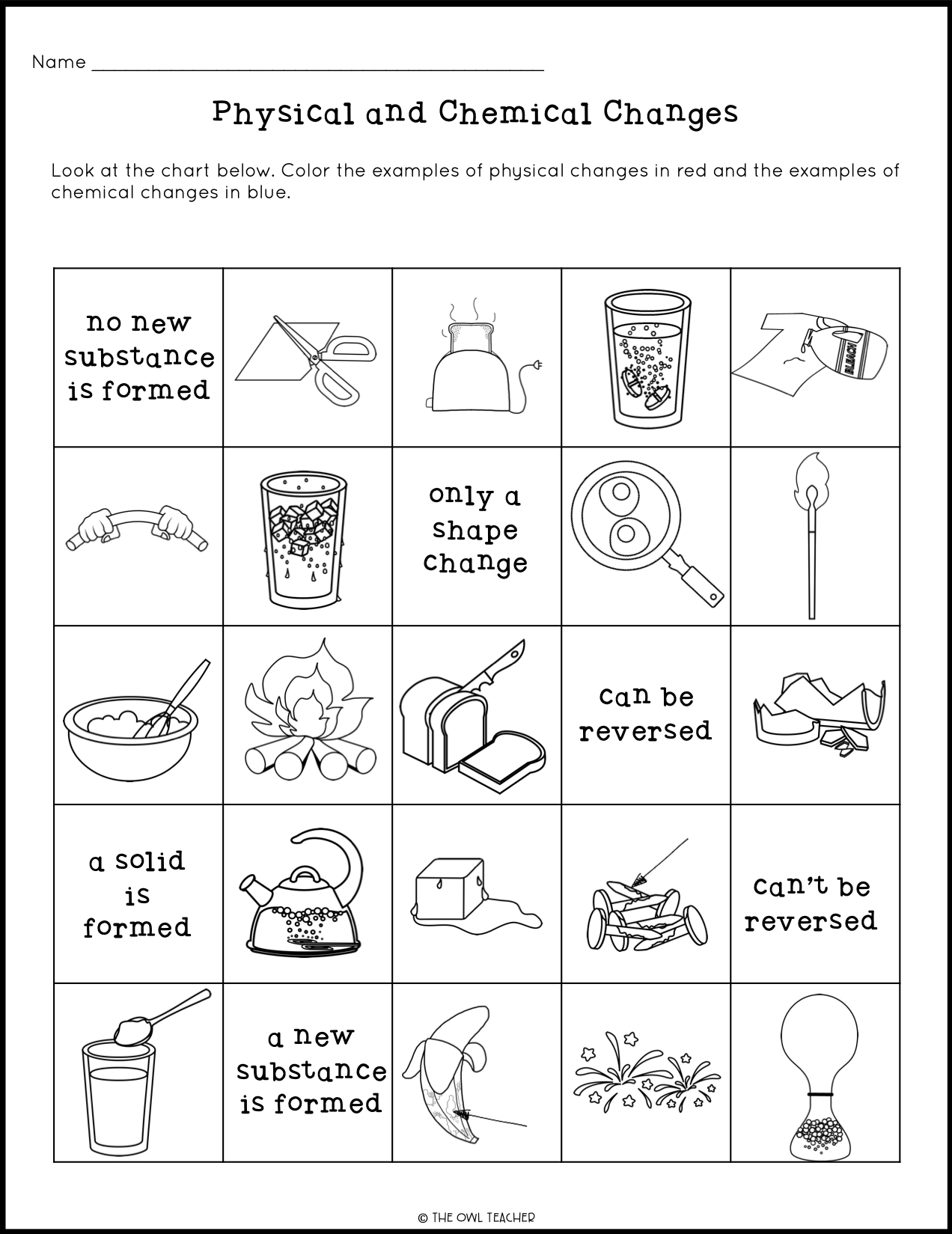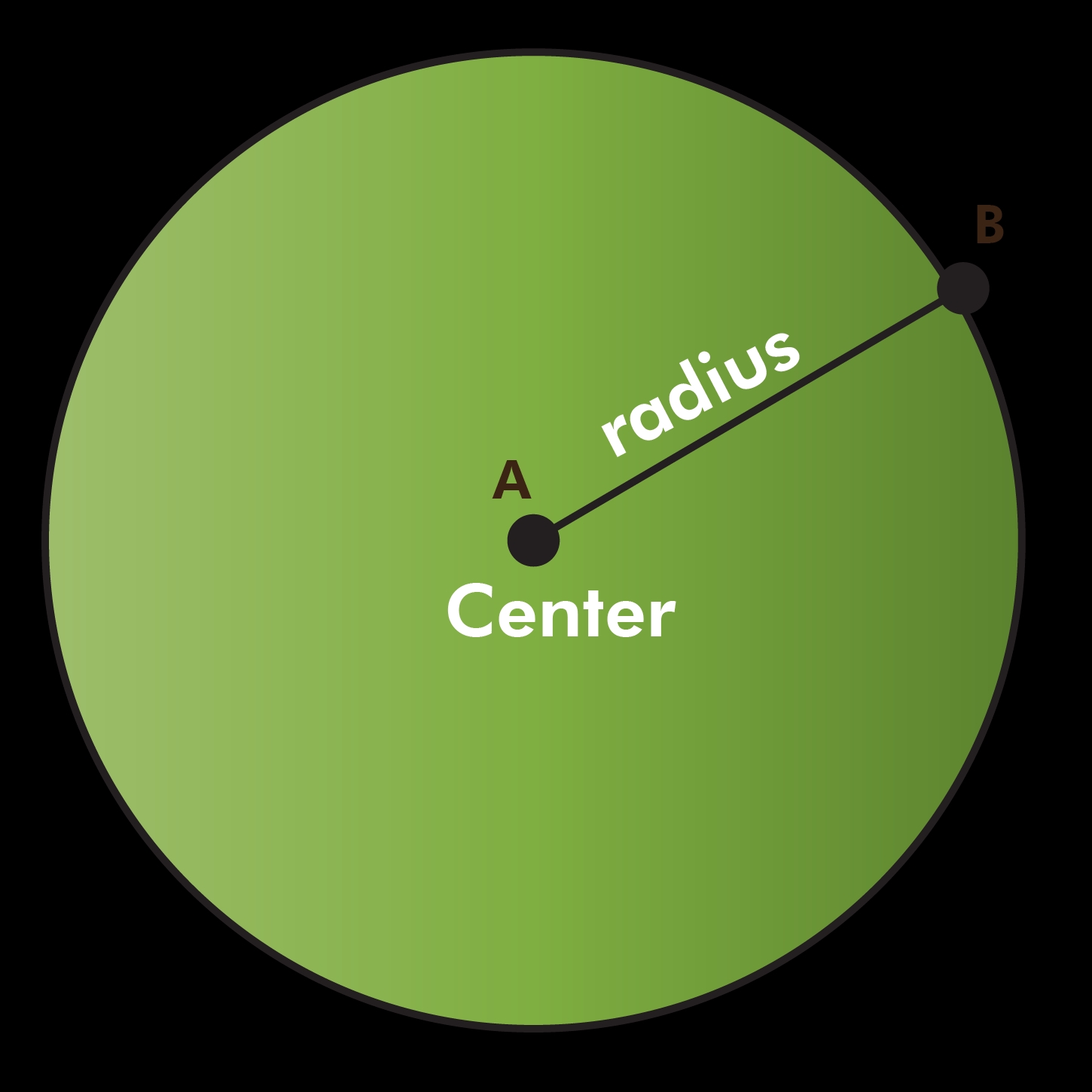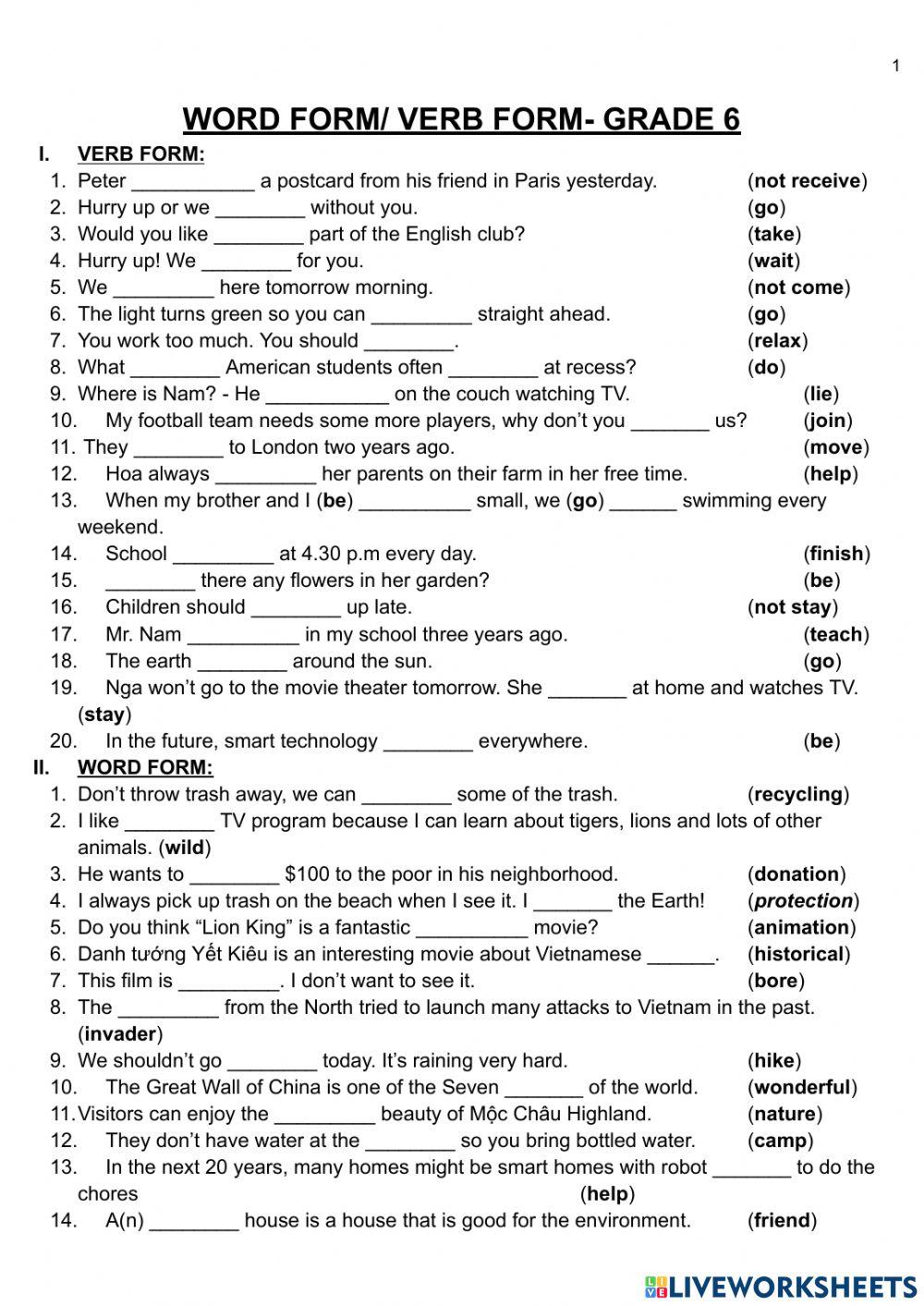5 Ways to Master Rectangle Area and Perimeter
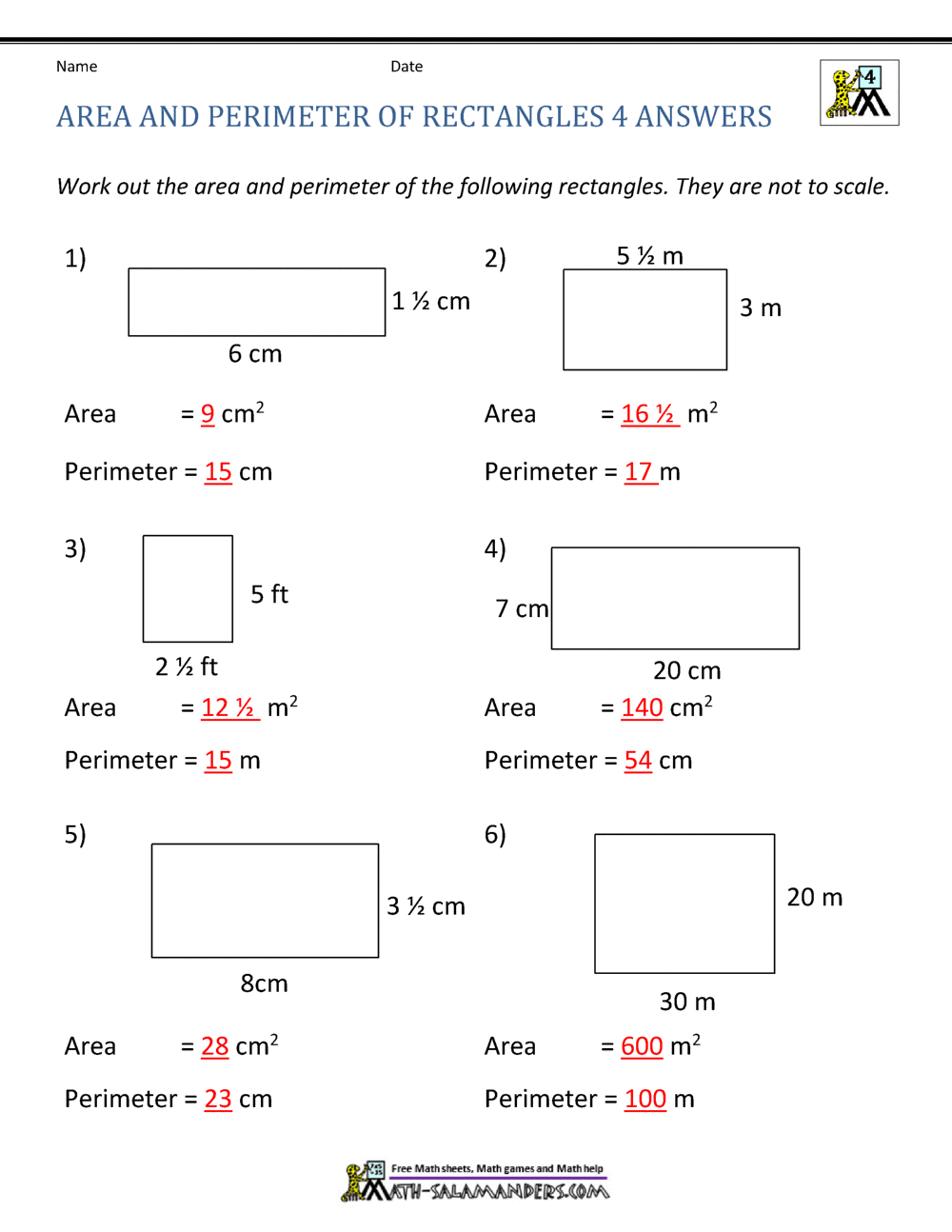
Understanding the Basics of Rectangle Area and Perimeter
When it comes to geometry, the rectangle is one of the most common and essential shapes. Calculating the area and perimeter of a rectangle is a fundamental skill that every student should master. In this article, we will explore five ways to help you master the rectangle area and perimeter.
Method 1: Using the Formula
The most straightforward way to calculate the area and perimeter of a rectangle is by using the formula. The formula for the area of a rectangle is:
Area = Length × Width
And the formula for the perimeter of a rectangle is:
Perimeter = 2 × (Length + Width)
These formulas are easy to remember and apply. For example, if you have a rectangle with a length of 6 cm and a width of 4 cm, the area would be:
Area = 6 × 4 = 24 cm²
And the perimeter would be:
Perimeter = 2 × (6 + 4) = 2 × 10 = 20 cm
Method 2: Visualizing the Rectangle
Another way to master the rectangle area and perimeter is by visualizing the shape. Imagine a rectangle with a length of 8 cm and a width of 5 cm. You can draw the rectangle on a piece of paper and label the length and width.
By visualizing the rectangle, you can easily calculate the area and perimeter. For example, you can count the number of squares inside the rectangle to find the area. In this case, the area would be:
Area = 8 × 5 = 40 cm²
And the perimeter would be the distance around the rectangle, which would be:
Perimeter = 2 × (8 + 5) = 2 × 13 = 26 cm
Method 3: Using Real-World Examples
Using real-world examples is an effective way to master the rectangle area and perimeter. For example, imagine you want to tile a rectangular floor with tiles that are 2 cm by 3 cm. If the floor is 6 cm by 8 cm, how many tiles would you need?
To find the answer, you need to calculate the area of the floor:
Area = 6 × 8 = 48 cm²
And then divide the area by the area of a single tile:
48 cm² ÷ 6 cm² = 8 tiles
By using real-world examples, you can practice calculating the area and perimeter of rectangles in a more meaningful way.
Method 4: Creating a Table
Creating a table is another way to master the rectangle area and perimeter. You can create a table with different lengths and widths and calculate the area and perimeter for each combination.
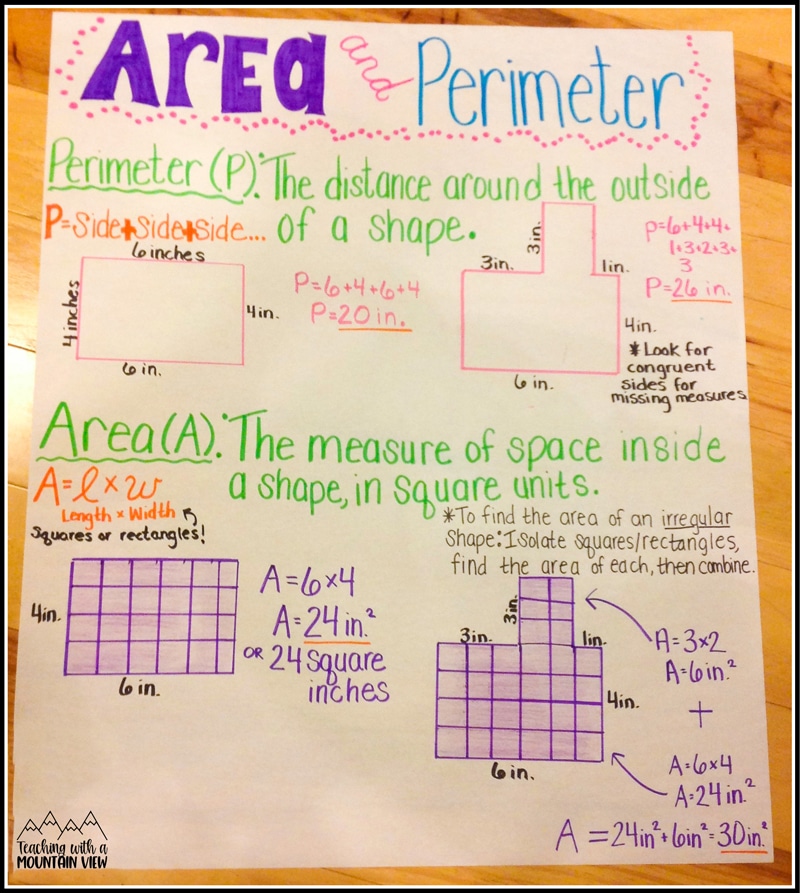
| Length (cm) | Width (cm) | Area (cm²) | Perimeter (cm) |
|---|---|---|---|
| 4 | 6 | 24 | 20 |
| 5 | 8 | 40 | 26 |
| 6 | 10 | 60 | 32 |
By creating a table, you can easily see the relationship between the length, width, area, and perimeter of a rectangle.
Method 5: Practicing with Online Resources
Finally, practicing with online resources is an excellent way to master the rectangle area and perimeter. There are many online resources available, such as math games, quizzes, and worksheets, that can help you practice calculating the area and perimeter of rectangles.
Some popular online resources include:
- Khan Academy
- Mathway
- IXL
By practicing with online resources, you can improve your skills and build your confidence in calculating the area and perimeter of rectangles.
📝 Note: Practice is key to mastering the rectangle area and perimeter. Try to practice regularly to improve your skills.
In conclusion, mastering the rectangle area and perimeter requires practice and patience. By using the formula, visualizing the rectangle, using real-world examples, creating a table, and practicing with online resources, you can become proficient in calculating the area and perimeter of rectangles.
What is the formula for the area of a rectangle?
+The formula for the area of a rectangle is: Area = Length × Width.
What is the formula for the perimeter of a rectangle?
+The formula for the perimeter of a rectangle is: Perimeter = 2 × (Length + Width).
How can I practice calculating the area and perimeter of rectangles?
+You can practice calculating the area and perimeter of rectangles by using online resources, such as math games, quizzes, and worksheets.
Related Terms:
- Perimeter Worksheet grade 4
